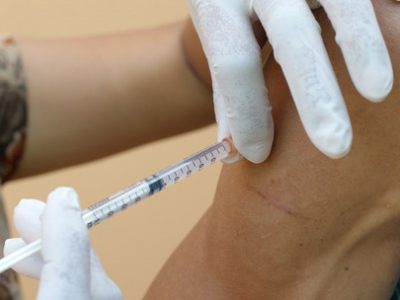

How to Recognize Nursing Home Neglect & Abuse
With an aging population, it is not surprising that more than 1.5 million people currently reside in nursing homes, according to the Centers for Disease Control and Prevention (CDC). Studies compiled by the National Center on Elder Abuse (NCEA) indicate that a shocking 10 percent of all nursing home residents have suffered some form of abuse or neglect in the past year. It is important to note that only a small percentage of nursing home neglect and abuse is reported so the suffering is actually higher.
What Are the Warning Signs of Nursing Home Neglect and Abuse?
It is typically up to family members to keep their eyes open for signs that their loved one is being abused or neglected.
The first step is to understand the common types of elder abuse:
- Physical Abuse
- Sexual Abuse
- Financial Exploitation
- Unsanitary Living Conditions
- Emotional Abuse
- Mal-nourishment & Dehydration
- Failure to Administer Medications Properly or Healthcare Fraud
What Warning Signs should I look for?
Don’t forget to trust your gut instinct and remember that a caregiver may hide his abusive behavior in front of family members. Because the types of abuse and neglect vary so dramatically, there are a wide range of warning signs to consider:
Physical Abuse-A sudden injury, series of injuries, or diagnosis of a physical condition that lacks a rational explanation including sprained joints, broken bones, bruises, or burns.
Emotional Abuse-A withdrawal from social activities, increased isolation due to restrictions placed by the caregiver, or sudden a change in normal behavior.
Sexual Abuse-A sudden diagnosis of an unexplainable Sexually Transmitted Disease and/or trauma such as bruising or swelling around the genitals.
Neglect or Abandonment-A health condition worsening because medication is not being administered correctly, deteriorating personal hygiene, sudden weight loss due to lack of food, very dirty or inadequate living conditions, soiled clothing or bedding, bedsore or ulcers.
Financial Exploitation-An inability to pay bills despite steady income, unpaid monthly bills, a spike in credit card debt or giving out large gifts to non-family members, signing over financial decisions to a caregiver, confusion around explaining financial transactions.
Healthcare Fraud-apparently unnecessary testing or medical treatment, the caregiver is unable to properly explain specific medical treatments or equipment, billing to medical insurance or medical providers for health care that was never provided.
What Do I Do If I Suspect Nursing Home Abuse?
If you suspect your loved one is a victim of nursing home neglect or abuse or if you have been victimized in a nursing home, the first priority is to get out of a dangerous situation. Next, report the abuse: to find your state’s number, go to the National Center on Elder Abuse website and click on “Suspect Abuse?”
You may also benefit from legal help. An experienced Nursing Home Neglect Lawyer will be able to discuss the particulars of your situation and help you through any appropriate personal injury claim.
If your loved one has been injured as a result of abuse or neglect, you have enough to deal with. Let an experienced nursing home abuse attorney help you fight for justice. It is not uncommon to receive a settlement from the insurance company that is five to ten times larger with the help of a good lawyer. Call the caring elder abuse attorneys at Tario & Associates, P.S. in Bellingham, WA today for a FREE consultation! We have been representing residents of Whatcom County, Skagit County, Island County and Snohomish County since 1979. You will pay nothing up front and no attorney fees at all unless we recover damages for you!




